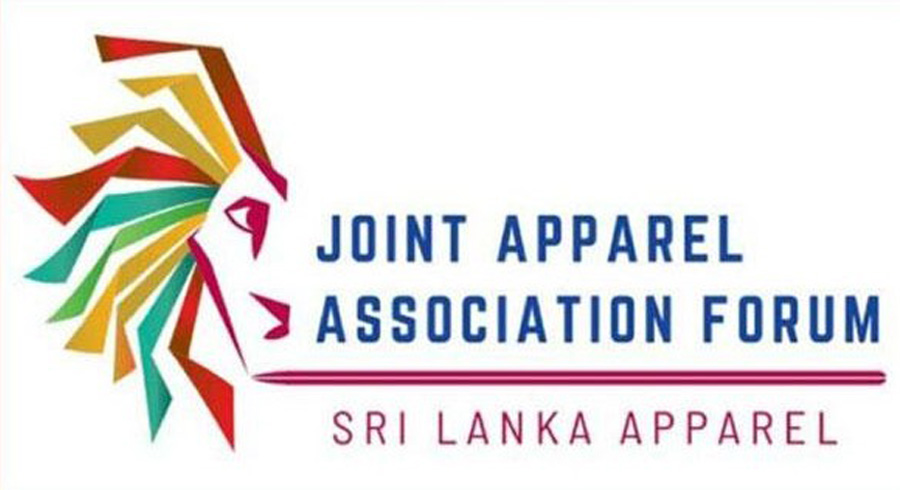The industry body commended the clear direction towards strengthening Sri Lanka’s external sector and building investor confidence, while also urging consistent implementation of reforms to sustain momentum.
The apparel industry Sri Lanka’s largest industrial export earner viewed the renewed focus on digitalization, and trade facilitation, enhanced capital allowances as positive steps that could enhance competitiveness and attract much-needed foreign investment.
Reform of the Department of Inland Revenue, the introduction of RAMIS 3.0 and the roll out of E invoicing have been among the asks of industry as we move into the post SVAT removal era.
However, JAAF reiterated that policy execution and continuity will be crucial in translating these commitments into tangible outcomes.
JAAF Secretary General Yohan Lawrence said
“The 2026 Budget demonstrates encouraging intent to build a stronger export economy, but consistency and clarity in policy implementation are what ultimately drive confidence.
The apparel sector continues to operate in a highly competitive global environment where even minor disruptions can affect thousands of jobs and livelihoods.
We urge the authorities to maintain open dialogue with the private sector to ensure that reforms are implemented with minimal friction”.
JAAF further noted the importance of aligning policy with sustainability goals and market access requirements under key preferential schemes.
Ensuring stable energy costs, facilitating renewable adoption, and enhancing logistics competitiveness were identified as critical enablers for continued export growth.
The association reiterated its readiness to collaborate with the Government to advance a unified national export strategy one that supports industries, SMEs, and the workforce driving Sri Lanka’s recovery.


